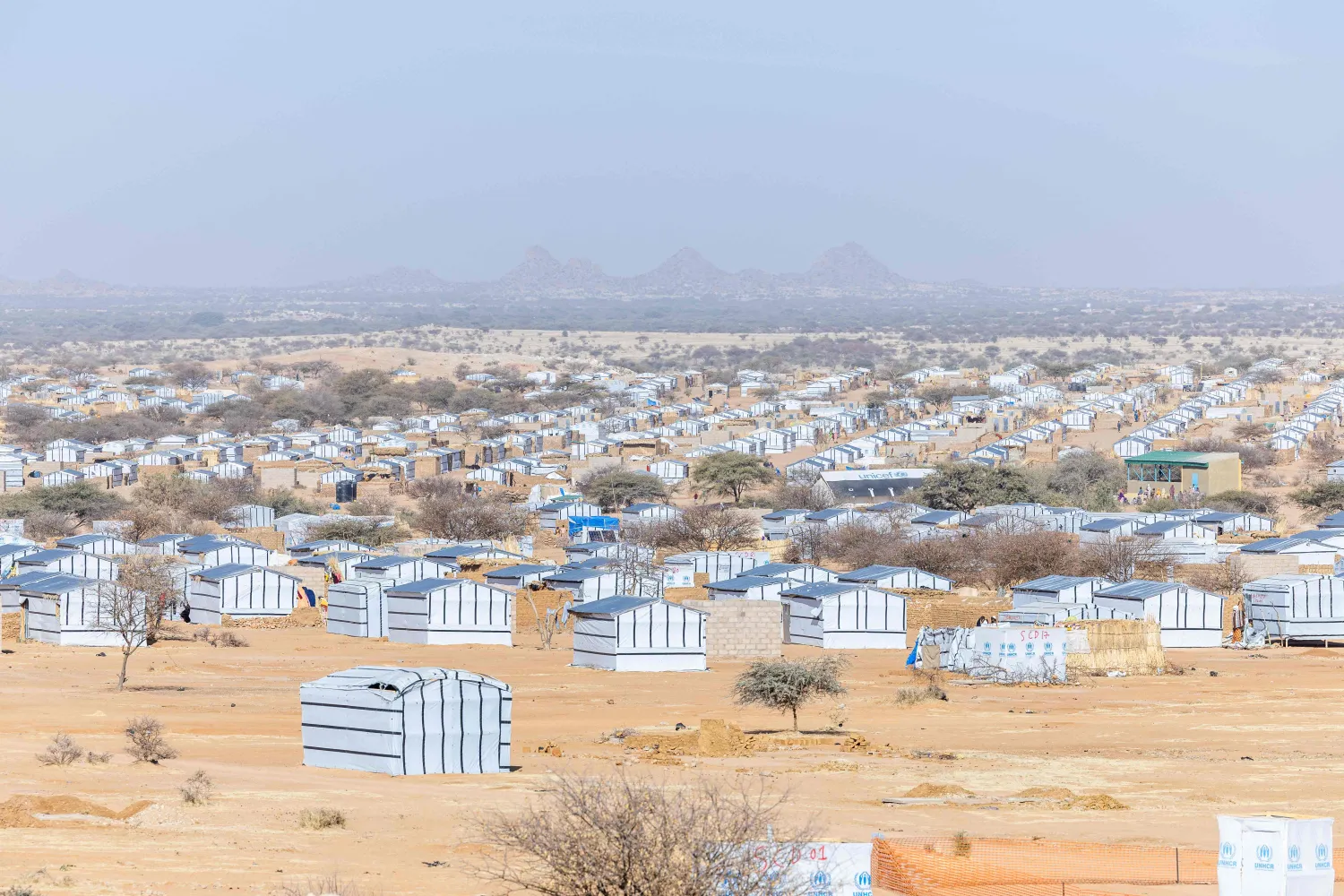The Saudi-based Organization of Islamic Cooperation has called for collective measures to prevent acts of desecration of the Quran.
The 57-member body met at its headquarters in Jeddah to respond to Wednesday’s incident in which a man living in Sweden set several pages of the Quran alight.
The OIC urged member states to “take unified and collective measures to prevent the recurrence of incidents of desecration of copies of the” Quran, according to a statement released after the extraordinary meeting.
"We must send constant reminders to the international community regarding the urgent application of international law, which clearly prohibits any advocacy of religious hatred," OIC Secretary-General Hissein Brahim Taha said.
The Permanent Representative of Saudi Arabia to the OIC, Dr. Saleh bin Hamad Al-Suhaibani, in the Kingdom's speech, expressed high appreciation for the active attendance “to discuss the blatant provocative actions and the repeated despicable acts of attacking the sanctity of the Quran in Sweden.”
Dr. Al-Suhaibani said: "The Kingdom of Saudi Arabia expresses its strong condemnation and denunciation of these repeated despicable acts and stresses that these hateful acts cannot be accepted under any justification as they clearly incite hatred, exclusion, and racism.”
“The Kingdom calls for harmony, peace, and rapprochement. These acts directly contradict international efforts seeking to spread the values of tolerance, moderation, and rejection of extremism, and undermine the principles of mutual respect necessary for relations among peoples and states,” he added.









